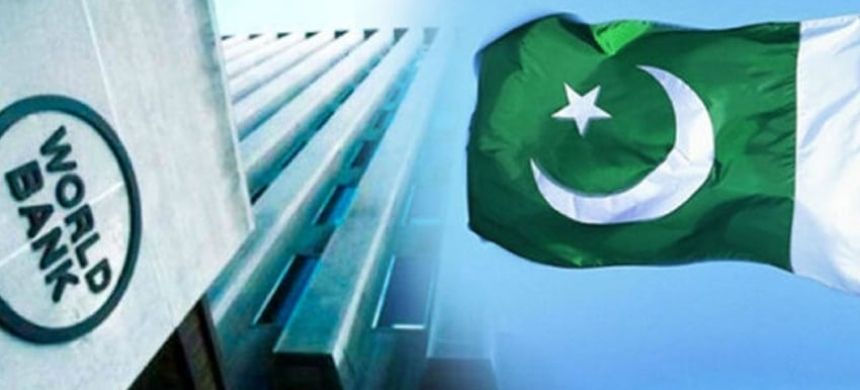The World Bank has warned that Pakistan’s economic growth may slow to 2.6% in the current fiscal year as recent floods have damaged key crops and disrupted supply chains. The Bank’s latest report projects growth to remain well below the government’s target of 4.2%, with limited recovery expected next year.
According to the World Bank, widespread flooding has severely hit agricultural production, especially in Punjab, where crop yields have fallen by around 10%. Major crops such as rice, sugarcane, cotton, wheat, and maize have been affected. This damage has reduced food supplies and increased inflationary pressures across the country.
The report predicts that inflation could exceed 7% this year, while the fiscal deficit may widen to 5.5%. Increased spending on flood recovery and relief measures is expected to add pressure on public finances. Rising food prices and transport disruptions are also likely to strain household budgets and limit purchasing power.
The World Bank said that Pakistan’s economic recovery will depend on the revival of the agricultural sector, which supports millions of jobs in rural areas. It noted that agriculture remains central to Pakistan’s growth, food security, and exports.
The report also mentioned that the poverty rate is likely to stay high at 44% this year and may fall only slightly to 43% next year. Flood-related crop losses and higher food prices could undermine the benefits of remittances and social protection programs.
Despite the challenges, the World Bank emphasized that Pakistan can achieve stability through improved revenue collection, controlled public spending, and structural reforms. The Bank added that exports could benefit in the long term under Pakistan’s five-year reform plan, which focuses on reducing tariffs and boosting competitiveness.
In the short term, however, export performance may remain weak due to flood-related disruptions. The report concludes that sustained recovery will depend on effective policy action and stronger agricultural productivity.
In other related news also read World Bank to invest $300 million in Reko Diq











